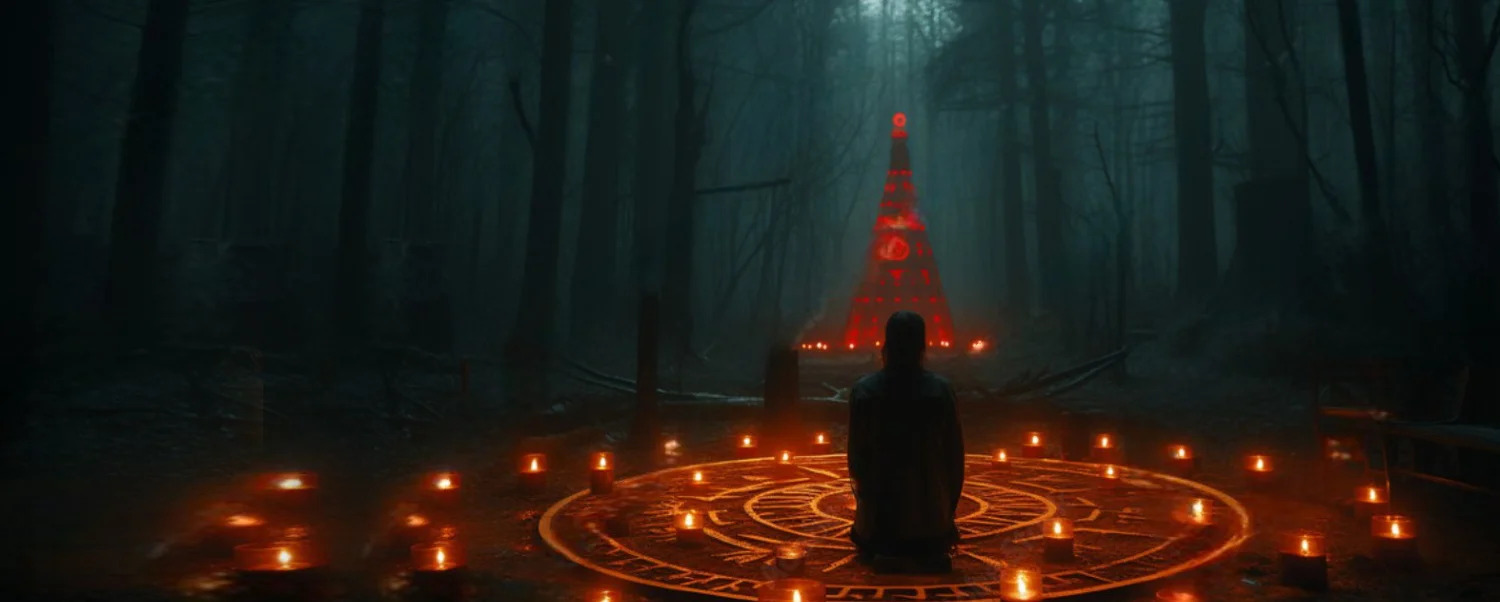Astrology Through the Ages: A Brief History of Celestial Wisdom
From the ancient temples of Mesopotamia to modern smartphone apps, astrology has traveled an extraordinary path through history. This age-old practice of interpreting the stars has long served as a guiding force for kings, philosophers, healers, and everyday seekers of truth. In this article, we’ll journey through the rich historical evolution of astrology and explore how it has remained a source of celestial wisdom across time and cultures.
The Birth of Astrology in Mesopotamia
The earliest records of astrological practice date back to around 2000 BCE in Mesopotamia. Babylonian priests observed the sky with remarkable precision, believing that the gods communicated their will through celestial events. Astrology during this era was primarily used for state-level decisions—predicting wars, harvests, or royal succession.
These ancient observations laid the groundwork for what would eventually influence many other civilizations, including Egypt and Greece. Even today, in spiritual traditions, practitioners like a Black Magic specialist in Ambala may integrate cosmic timing into rituals to harness universal energies.
Egyptian and Greek Contributions
In ancient Egypt, astrology merged with their complex belief systems, linking stars with gods and the afterlife. The Egyptians are credited with developing the decans, a 36-part division of the zodiac that influenced later horoscopic astrology.
By the time astrology reached classical Greece, it began to take on a more mathematical and philosophical dimension. Figures like Ptolemy systematized astrology, creating a structure that included planets, signs, houses, and aspects—components still in use today.
During this period, astrology began to evolve into a tool for personal insight, not just public policy. This personalized approach resonates with how a modern Black Magic specialist in Shimla might use an individual’s birth chart to fine-tune spiritual guidance.
Astrology in Ancient India
While astrology was flourishing in the West, Vedic astrology—or Jyotish Shastra—was independently developing in ancient India. Rooted in the Vedas, this system uses lunar constellations (nakshatras) and the sidereal zodiac to determine auspicious timings and life paths.
Indian astrology became deeply entwined with daily life and spirituality. Just as one might consult a Vashikaran specialist in Gandhinagar to influence romantic or familial harmony, Vedic astrologers were (and still are) called upon to guide marriages, career moves, and religious ceremonies.
The Islamic Golden Age and the Rise of Scientific Astrology
During the Islamic Golden Age (8th to 14th century), astrology experienced a scientific revival. Muslim scholars translated and preserved Greek astrological texts, refining calculations and advancing astronomical instruments like the astrolabe.
Astrology was often used alongside medicine and alchemy, and courts throughout the Middle East and North Africa employed astrologers for political and personal advice. This rich legacy helped preserve astrology through the Middle Ages in Europe.
In a similar vein, modern mystics—including a Black Magic specialist in Thiruvananthapuram—may apply this integrated knowledge of astrology and spiritual practice to tackle real-life challenges.
Astrology in Medieval and Renaissance Europe
In medieval Europe, astrology found a place even within Christianity. Monks and scholars studied planetary positions to predict everything from plagues to royal births. Universities like Oxford and Paris offered courses in astrology, viewing it as a legitimate science.
By the Renaissance, astrology experienced a resurgence as interest in the classical world grew. Influential thinkers like Galileo and Kepler, though primarily astronomers, also practiced astrology.
Today, the echoes of this blend of science and mysticism can still be felt. For instance, a Black Magic specialist in Madurai might honor both the spiritual and technical aspects of astrology in their rituals.
Astrology in the Modern Age
In the 20th century, astrology saw both skepticism and revival. While scientific rationalism questioned its validity, the rise of psychology and spiritual movements gave astrology a new platform. Carl Jung, the renowned psychoanalyst, explored astrological archetypes and synchronicity as tools for self-understanding.
This modern renaissance has allowed astrology to thrive globally. From casual horoscope readers to seasoned chart interpreters, astrology now appeals to people from all walks of life. As with traditions led by a Black Magic specialist in Gwalior, many find comfort and clarity in the symbolic language of the stars.
Cross-Cultural Connections and Modern Applications
Astrology’s universality has made it adaptable across cultures. In India, for example, practitioners often consult astrology before marriage or business deals. A Black Magic specialist in Raipur might consider planetary transits when conducting energy-based rituals, aligning cosmic influence with intention.
In Punjab, a Vashikaran specialist in Malerkotla may merge astrology with ancient mantra practices to guide lovers or mend strained relationships, echoing the ancient idea that the stars influence emotions and desires.
Even in smaller towns like Amravati or Patiala, astrology remains a vital part of community life, often practiced by spiritual advisors who have inherited knowledge through generations.
Conclusion: The Timeless Appeal of Astrology
Astrology has transcended empires, languages, and belief systems to remain a trusted companion for human curiosity. Whether used for introspection, healing, guidance, or ritual, its adaptability has allowed it to endure where other systems have faded.
In our increasingly complex world, astrology continues to serve as a symbolic compass—connecting us to the stars, to nature, and to ourselves. And whether through ancient charts or the insights of a Black Magic specialist in Patiala, the wisdom of the cosmos remains as compelling today as it was thousands of years ago.





